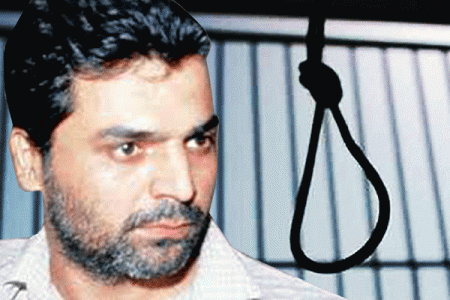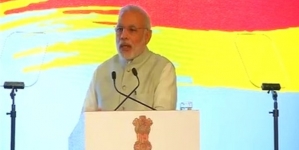-
Tips for becoming a good boxer - November 6, 2020
-
7 expert tips for making your hens night a memorable one - November 6, 2020
-
5 reasons to host your Christmas party on a cruise boat - November 6, 2020
-
What to do when you’re charged with a crime - November 6, 2020
-
Should you get one or multiple dogs? Here’s all you need to know - November 3, 2020
-
A Guide: How to Build Your Very Own Magic Mirror - February 14, 2019
-
Our Top Inspirational Baseball Stars - November 24, 2018
-
Five Tech Tools That Will Help You Turn Your Blog into a Business - November 24, 2018
-
How to Indulge on Vacation without Expanding Your Waist - November 9, 2018
-
5 Strategies for Businesses to Appeal to Today’s Increasingly Mobile-Crazed Customers - November 9, 2018
India hangs only man sentenced to die for 1993 Mumbai blasts
The Bajrangi Bhaijaan actor in his tweets expressed in support of Yakub Memon terming him as innocent, the actor further stated that Yakub’s brother Tiger Memon who is the real mind behind the serial bomb last should be hanged instead.
Advertisement
India is one of 21 countries to enforce capital punishment but executions have slowed down to a trickle though hundreds are on death row. Post midnight on Thursday, the apex court bench comprising Justice Dipak Misra, Justice Prafulla C. Pant and Justice Amitava Roy rejected Memon’s plea seeking 14 days’ time before the execution of his death sentence is carried out.
Memon and two other brothers were convicted in 2006 by a specially designated court, using controversial anti-terror legislation that was introduced after the attacks that is no longer on the statute books.
Chartered accountant by profession, Memon had maintained that he surrendered to police in India’s neighboring country of Nepal on July 28, 1994.
Opposing Memon’s plea, Attorney General Mukul Rohtagi said his fresh petition amounted to “abusing” the system. “He was convicted of a heinous crime”.
The hanging has been criticized by rights groups and several newspapers because of the controversial circumstances surrounding the case, including reports that Memon had only returned to India to pass on information about the bombings.
Meenakshi Ganguly, the South Asia director for Human Rights Watch told Reuters: “It is extremely sad that India has gone ahead, we had been hoping India will now call for a moratorium”.
The Supreme Court has said that proper procedure was followed in Yakubs curative petition and his death warrant is without any lapse. Bhushan said the case against Memon was mounted entirely on the basis of “confessional statements” made to the police by his co-accused, which he said was not admissible under normal law.
On March 12, 1993, they triggered serial (12) blasts that shattered the fragile peace the Indian financial capital had regained, deepening the scars of the preceding months.
Memon’s dead body was handed over to his family. As the body arrived, escorted by police vehicles, onlookers snapped pictures and peered from balconies.
This comes after the Supreme Court upheld Yakub’s death sentence and refused to reconsider its decision following a petition by him.
They were believed to have been staged by Mumbai’s Muslim-dominated underworld in retaliation for anti-Muslim violence that had killed more than 1,000 people.
Advertisement
“If the culprits who instigated the riots that happened before the blasts had been nabbed, I would have not complained”, Iqbal said.





























